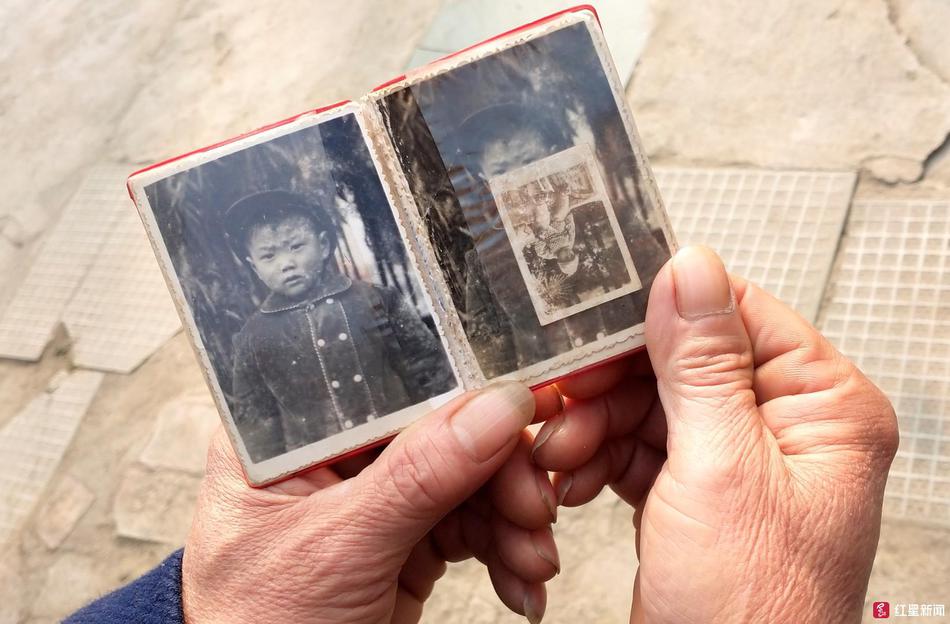Social media080p Archivesbe a fun and informative way to stay up-to-date with friends, co-workers, celebrities, and politicians. But it's important to remember that the photos and videos you share aren't always accessible to everyone.
Over the years, teams working for platforms like Facebook, Instagram, and Twitter have taken steps to help make the sites more inclusive for people with disabilities. Facial recognition technology has been introduced, alt-text tools that work with screen readers have been added, and custom alternative text features allow users to describe their photos in greater detail. Progress has undoubtedly been made, but there's still a long way to go before the apps reach full accessibility.
Instagram's Stories, for example, don't come with closed captioning, which presents a challenge for the 466 million people in the world who are deaf or hard of hearing. But while Instagram itself has yet to provide in-app Story captioning, third party apps exist that can help you transcribe your videos and add captions at the bottom of the screen.
SEE ALSO: Google is launching an accessibility tool for deaf people which turns speech into text in real timeClipomatic is one of the many video editors that can help you add text. Available for $4.99 in the App Store, Clipomatic lets users record captions using speech recognition, so words instantly appear as you're saying them. And if your speech gets translated incorrectly, you also have the option to manually edit the text.
The app currently has the capability to caption videos in 40 languages, and it also provides fun filters and caption styles, so you can give your videos a more personalized feel.
 Original image has been replaced. Credit: Mashable
Original image has been replaced. Credit: Mashable Social media savvy Congresswoman, Alexandria Ocasio-Cortez, started using Clipomatic to caption her Instagram Stories after she was elected, and revealed on Twitter that she's since received "a huge positive reaction."
This Tweet is currently unavailable. It might be loading or has been removed.
Deaf activist Nyle DiMarco, who recently, tweeted about his frustration with United Airlines after the televisions on his five-hour flight didn't offer closed captioning, thanked Ocasio-Cortez for making her posts more inclusive and giving him the opportunity to follow her time in Congress.
 Original image has been replaced. Credit: Mashable
Original image has been replaced. Credit: Mashable DiMarco's tweets to United also inspired activist and actress Jameela Jamil to add captions to her powerful "I Weigh" video interview with Sam Smith.
YouTube outlines how to add subtitles or closed captions here, for those curious. In addition to Clipomatic, other apps like Apple's Clips can be used to easily add text, so why not give them a try?
Social media companies have a responsibility to make their platforms available to everyone, but while we wait for them to step up and update their apps, we can take it upon ourselves to make our own posts more accessible.
Featured Video For You
This shapeshifting wheelchair helps users move while standing up
Topics Instagram Social Good Social Media







